Synthetic seed technology offers many useful advantages on a commercial scale for the propagation of a variety of crop plants, especially crops for which true seeds are not used or readily available for multiplication (e.g. potato) or the true seeds are expensive (e.g. cucumber and geraniums), hybrid plants (e.g. hybrid rice) and many vegetatively propagated plants which are more prone to infections (e.g. day lily, garlic, potato, sugarcane, sweet potato, grape and mango). This technology would also be useful for multiplying genetically engineered plants (transgenic plants), somatic and cytoplasmic hybrids (obtained through protoplast fusion techniques), sterile and unstable genotypes. Besides, artificial seeds would be useful material for preservation of desirable elite genotypes (cryopreservation). They would also be valuable tools in experimental research to study the process of zygotic embryogenesis and understanding the role of endosperm in normal embryo development and germination. Present book provides technique for production of synthetic seeds. All efforts have been made to up date the literature.
Water Environment and Pollution
$59.40
$66.00


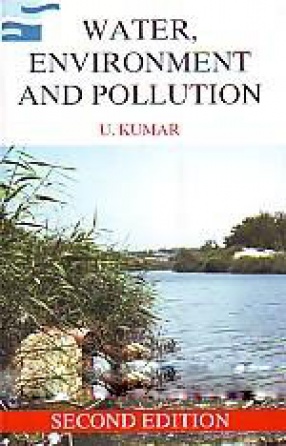
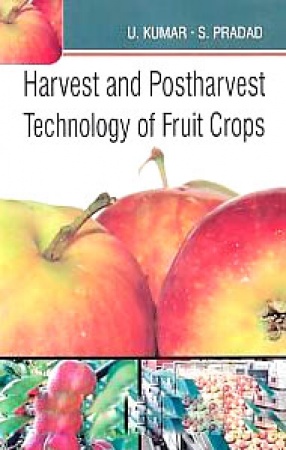
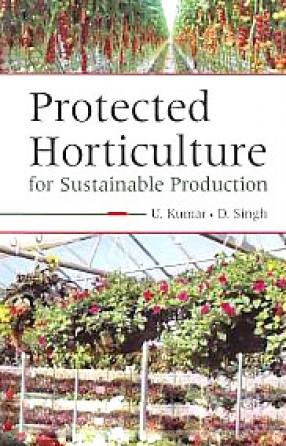
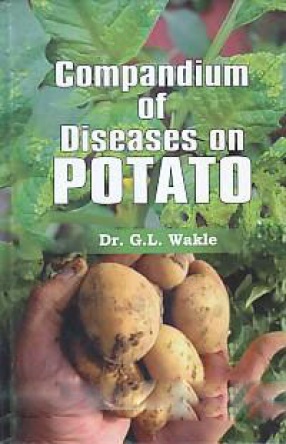

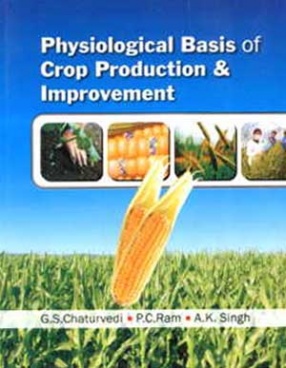
There are no reviews yet.